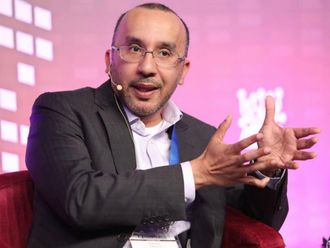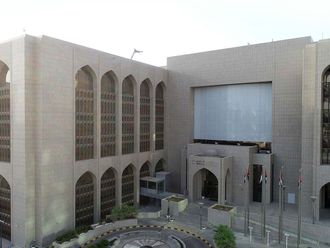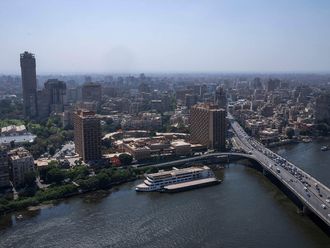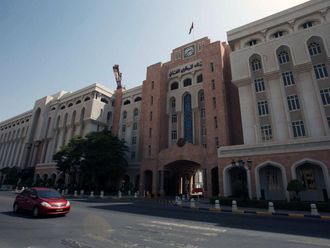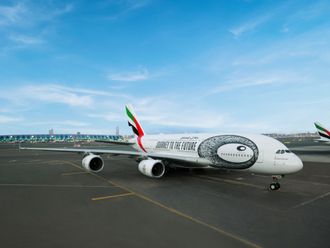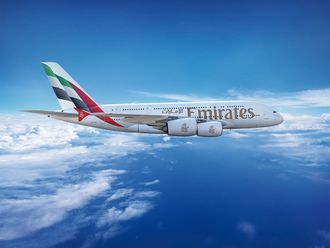The International Energy Forum (IEF) held its 12th meeting in Cancun, Mexico from March 30 to 31 with ministerial delegations from 63 countries taking part, complemented by the fourth meeting of energy business leaders.
The meeting was not in the news a great deal — although the IEF is the world's largest gathering of energy ministers, due to its informal discussions. The IEF was founded in 1991 to revive a new form of the much desired North-South dialogue, which failed to produce any results in the 1970s. To strengthen the newly acquired enthusiasm for the dialogue, the ministers took another step by establishing the permanent IEF Secretariat in September 2002 with its headquarters in Riyadh.
The IEF includes the most important oil producing and consuming countries, which account for more than 90 per cent of the world oil and gas supply and demand, led by all Opec members (Organisation of Petroleum Exporting Countries) and the International Energy Agency (IEA) in a rare meeting of minds of the two opposing organisations.
Failure
The previous dialogue in the 1970s was destined to failure due to the entrenched positions at the time of both Opec and the IEA. Opec wanted to discuss the level of oil prices and the IEA, with its early years of confrontation with Opec, refused. So much has happened since then and the composition of producing and consuming countries has changed radically — therefore the interest of the dialogue now is more concerned about issues of energy security, investment, price volatility, climate change, energy poverty and many other challenging energy- related issues in the hope of producing cooperation. The issue of oil prices is left to the market as desired by the IEA and reluctantly accepted by Opec since 1986.
Meetings of executives and business leaders are supposed to strengthen cooperation between national and international oil companies. The IEF insists dialogue is "informal" and therefore no commitment on either side is due. But the IEF and its participants increasingly see the importance of strengthening the consumer-producer dialogue by maintaining "high-level political engagement" and for this an IEF Charter is due for approval in March 2011.
The Joint Oil Data Initiative (Jodi) is a practical example of a tangible IEF success and a "concrete outcome of the producer-consumer dialogue". All participants send monthly numbers of oil production and petroleum products consumption as the participants agreed since Jodi's initiation in 2001 that the "apparent lack of transparency in oil market data" is "perceived to be a causal factor in excessive price fluctuations".
While Jodi has become a new and additional reference and research tool, it does need more timely compliance with the provision of data. In the latest Jodi update only 47 countries reported crude oil production, or 54 per cent of the global oil supply, while 61 countries reported oil products demand or 74 per cent of the global oil demand for January 2010. The IEF Secretariat has been in charge of Jodi since January 2005 and recently the data collection has been extended to natural gas production and consumption as well.
It is apparent the muted coverage by the media of the IEF meetings is because such meetings do not take any decisions that move and shake the market. But for ordinary citizens the discussions are important if they are to contribute to a better understanding among nations. In my humble view the IEF should get involved in the training of experts and technology transfer among participants to create a number of experts in all participating countries who can speak with authority and knowledge of what it takes to aspire to fruitful cooperation.
The writer is former head of the Energy Studies Department, Opec Secretariat, Vienna.





